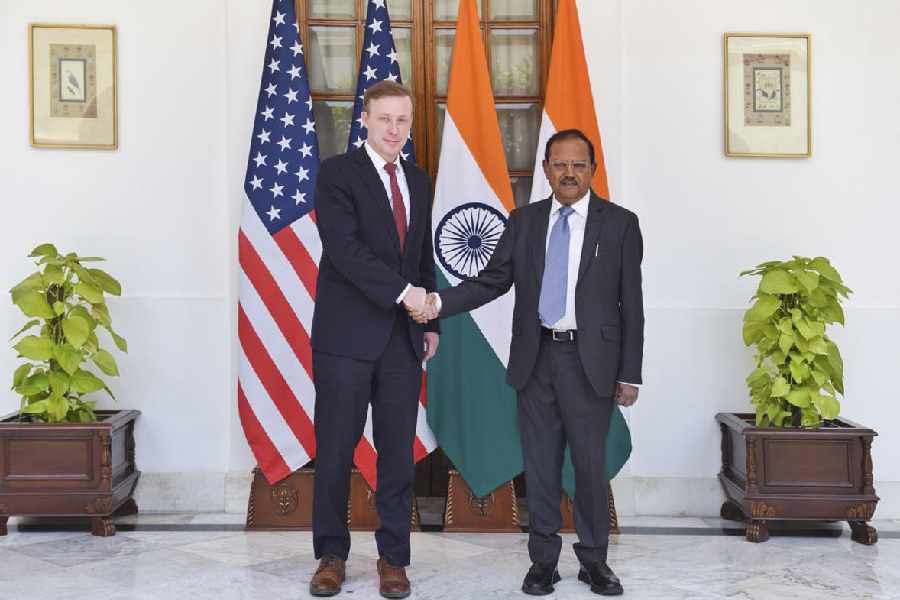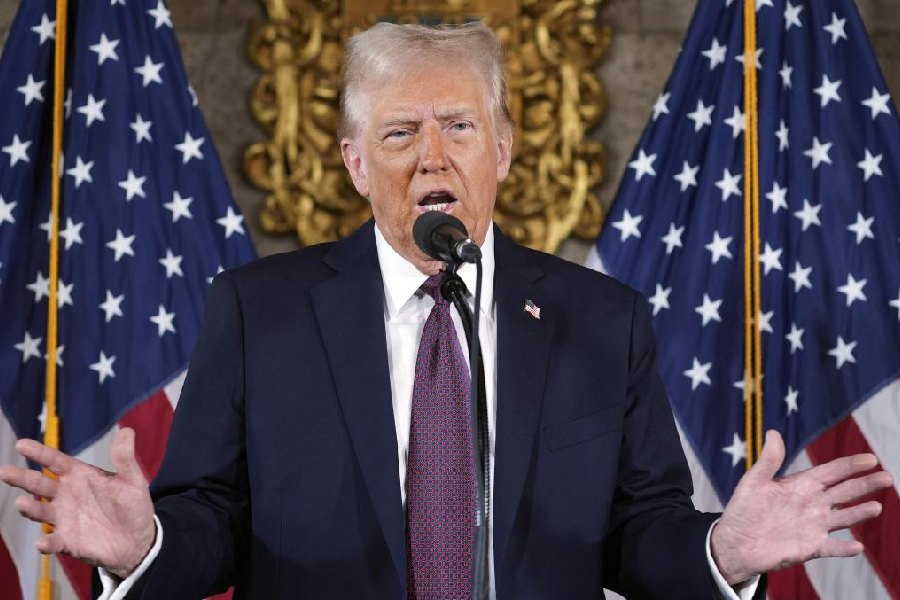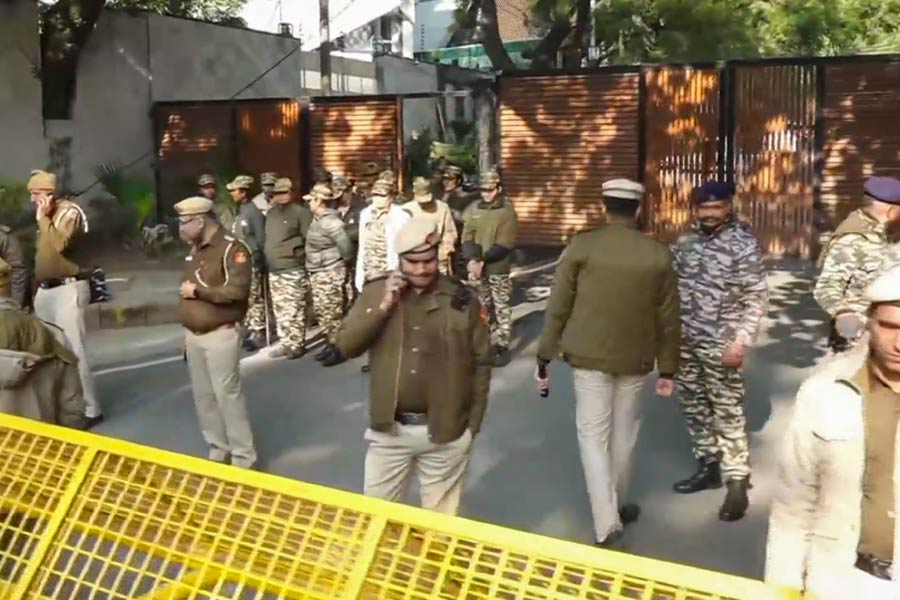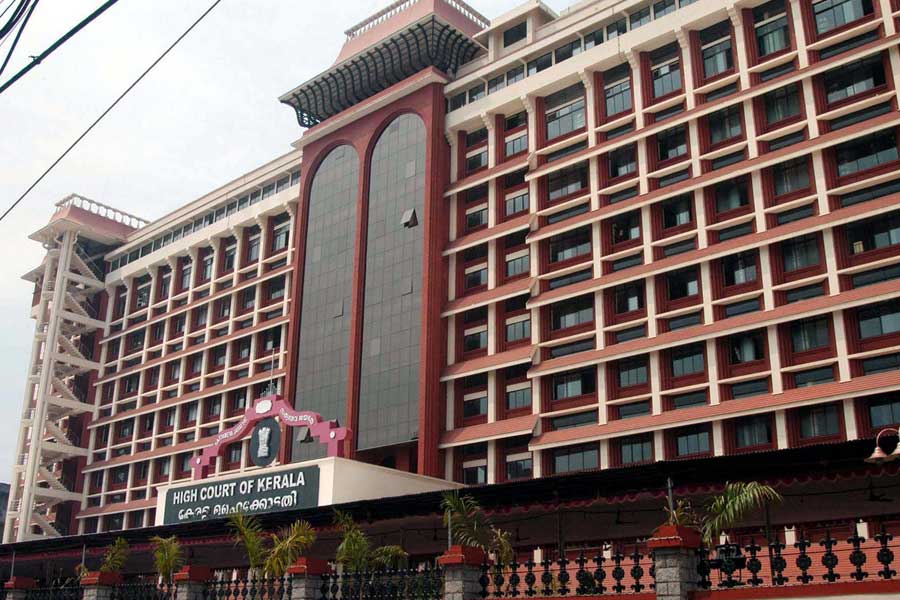India and the US must remain at the forefront of developing critical technologies as part of a larger strategic interest, National Security Advisor Ajit Doval said on Tuesday in presence of his American counterpart Jake Sullivan.
Doval's comments came a day after he and Sullivan unveiled a raft of transformative initiatives to deepen India-US cooperation in areas of artificial intelligence, semiconductor, critical minerals, advanced telecommunication and defence space.
"The US and India have got to remain at the forefront of technology in case we need to protect and defend our value systems and it is part of a larger strategic interest," Doval said.
The National Security Advisor (NSA) was addressing the iCET (India-US initiative on Critical and Emerging Technology) industry roundtable hosted by Confederation of Indian Industry (CII).
The iCET was launched by Prime Minister Narendra Modi and US President Joe Biden in May 2022 with an aim to forge greater collaboration between India and the US in areas of critical technologies.
In his remarks, Doval highlighted the role of industry in technology and the progress of iCET since its inception, according to a CII statement.
"iCET has achieved more than we could imagine," Doval said, highlighting the progress made across the defence innovation roadmap and startups, and emphasised the importance of the semiconductor industry.
In his address, Sullivan noted three important buckets for technology partnerships, the first being innovation, the second as production, and the third being deployment.
The top Biden administration official highlighted the importance of innovation and emphasised the need for government support for the private sector.
There exists bipartisan support for Indian industry in the US, he said adding that building the ecosystem and supply chain is the key to production.
Sullivan said that the core of iCET is about the idea of India and US being able to support each other and to encourage greater collaboration in the technology ecosystem, jointly innovate and find solutions to challenges.
Both the NSAs assured the industry that they welcome industry highlighting specific issues and due diligence will be done to resolve any barriers which hold back deeper and closer India US ties.
The Initiative for iCET represents a landmark agreement between the two countries on emerging technologies such as AI, semiconductors, biotech, and defense innovation.
Chandrajit Banerjee, the director general of CII, stated that under iCET India and US are working on sectors such as AI, biotech, critical materials and minerals, semiconductors among others to help enable deeper engagement between the two nations.
Representatives from industries spoke about their experiences of collaboration and the ways and means by which they planned to take India-US collaboration further through government facilitation.
Sullivan visited Delhi from June 17 to 18, in the first trip to India by a senior Biden Administration official after the Modi government came to power for the third term.
The US National Security Adviser was accompanied by a high-level delegation comprising senior US government officials and industry leaders.
Sullivan's visit to India came three days after Prime Minister Narendra Modi and US President Joe Biden had a brief conversation on the sidelines of the G7 summit in Italy's Apulia region.
Except for the headline, this story has not been edited by The Telegraph Online staff and has been published from a syndicated feed.










